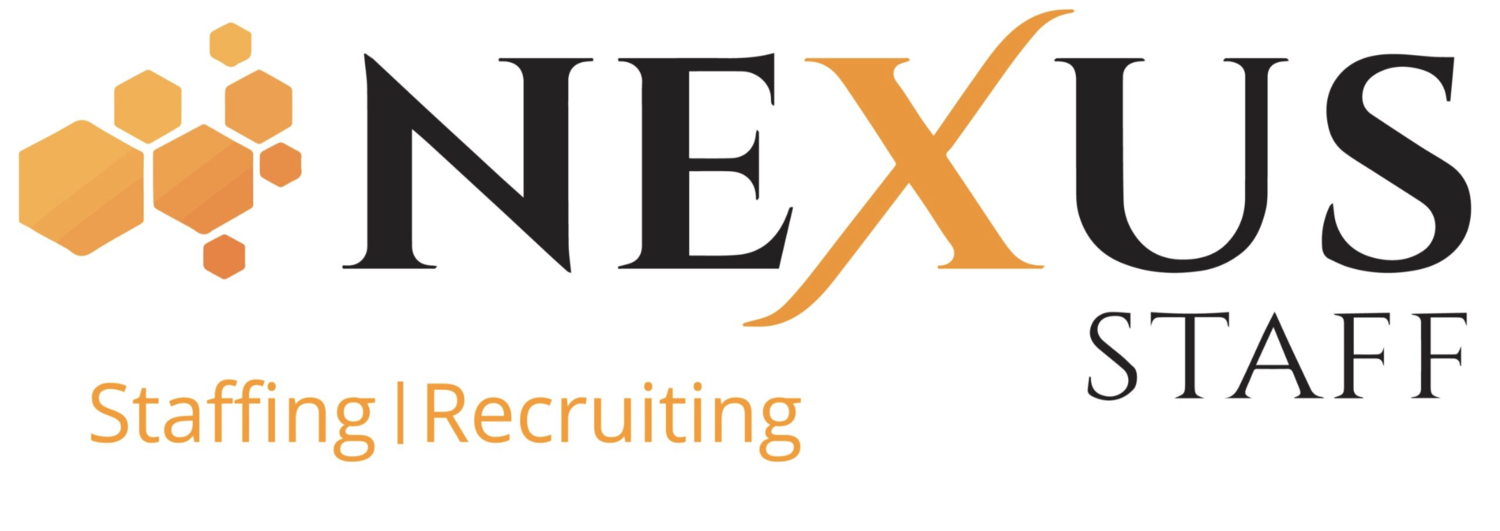How to Answer “What is Your Greatest Weakness?”
“What is your greatest weakness?” is often a common interview question used to learn what candidates struggle with in the workplace and to decide whether or not it can disqualify them from a position. Based on your answer to this question, interviewers can also determine if it’s possible for you to work through hardships and how you plan to overcome the challenges you may face in the role. With this in mind, follow these five steps for handling this question in your next interview:
Be honest
Most importantly, when it comes to answering any interview question, it’s always important to be honest. Doing so allows you to speak from experience and confidently discuss your answers. On the other hand, being dishonest could show the interviewer you do not value integrity or aren’t self-aware. In the event that you do end up getting the role, and the weakness you failed to mention quickly becomes noticeable, it can hurt your chances of succeeding in your new job.
Likewise, choosing to say you have no weakness can imply you’re not willing to learn from past mistakes or challenge yourself with anything you do not initially excel at. Remember – at the end of the day, everyone has something they’re not the absolute best at, and that’s okay.
Choose a skill unrelated to the job
Carefully read through the job description of the role you're interviewing for to find the key skills the ideal candidate needs to possess. Then, be sure to not choose any of these skills as your weakness. For example, if the role requires you to communicate directly with customers or clients, you wouldn’t want to share that customer service is your weak spot. Instead, go for a skill that isn’t necessarily directly related to the role.
Use real examples
Bringing past examples into your answers during a job interview shows you not only have relevant experience, but also allows you to paint a picture for the interviewer to better understand what your weakness is and how it will not limit your abilities in the role. It also lets your interviewer know you have put thought into your answer and haven’t simply given an answer you think they want to hear.
Focus on the positive
Behind every “weakness” is the opportunity to grow and learn within that skill. After identifying what your weakness is and offering examples of how you’ve noticed it to be true, be sure to also explain how you have made progress toward strengthening this skill and give examples of how you plan to continue working toward your goal. For instance, if you’ve shared that you have struggled with public speaking in the past, you can also share how you’ve started to overcome this weakness by speaking up in small group settings, volunteering to speak in presentations or meetings, and working on building yourself up to larger crowds. Here, your interviewer will be able to see that despite your weakness, you have made progress in strengthening this skill and have plans for how to continue to improve.
Don’t overcompensate
While discussing your weaknesses or areas where you may need to improve certain skills, you’ll want to keep your answer simple yet sufficient. In other words, you don’t need to provide too much detail in your answer that can lead the interviewer to believe you are not qualified for the role. If you are confident that your weakness will not prevent you from succeeding in this role, there is no need to answer “What is your greatest weakness?” with a lengthy explanation. Instead, remember to be honest, provide a non-related skill, a simple example of how this weakness has been brought up in the past, and your plans to improve.
Ready to tackle this interview question on your own? Contact Nexus today for a personalized hiring experience. Our team of experienced recruiters is here to help guide you at every step of the way!







